For many people considering a move to Mexico or planning an extended stay, healthcare concerns often top the list of considerations. While Mexico’s general healthcare system deserves attention, dental care specifically warrants a closer look. The reputation of Mexican dental care has grown significantly in recent years, with “dental tourism” becoming increasingly popular among Americans and Canadians seeking affordable, quality treatment.
This article explores what you need to know about dental care in Mexico, from costs and quality to finding the right dentist and understanding insurance options. Whether you’re planning to relocate permanently or just visiting for a dental procedure, this information will help you navigate Mexico’s dental landscape with confidence.
Dental Tourism Destination
Mexico has emerged as one of the world’s leading dental tourism destinations, particularly for people from the U.S. and Canada. Several factors contribute to this growing trend:
Cost Savings: Perhaps the most compelling reason people seek dental care in Mexico is the dramatic cost difference. Dental procedures in Mexico can cost upwards of 50-70% less than identical procedures in the U.S. or Canada. For example:
-
- A dental crown that might cost $1,200 USD in the U.S. often costs $250 – $400 USD in Mexico
- Root canal therapy that could run $1,500 USD in the U.S. might be $250 – 500 USD in Mexico
- A full set of dentures priced at $3,000 USD in the U.S. may cost $800 – $1,000 USD in Mexico
- Dental implants that command $3,500 – 5,000 USD per tooth in the U.S. average $1,000 – 1,500 USD in Mexico
These prices are simply for illustration purposes and can vary from not only one dental practice to the next but also the state/region of Mexico. These savings can be substantial enough to cover travel expenses and still leave patients with significant cost reductions, even for single procedures. For major dental work, the savings can be extraordinary.
Proximity and Convenience: For Americans and Canadians, Mexico’s proximity makes it an accessible option. Border towns like Tijuana, Nogales, Los Algodones (nicknamed “Molar City” for its concentration of dental clinics), and Nuevo Progreso have developed robust dental tourism infrastructures.
Many patients drive across the border, receive treatment, and return home the same day. Major tourist destinations like Puerto Vallarta, Cancun, and Mexico City also offer high-quality dental facilities, allowing visitors to combine dental work with a vacation.
Quality of Care and Education: Contrary to some misconceptions, many Mexican dentists receive excellent training. Dental schools in Mexico are highly competitive, and many dentists pursue postgraduate education in the U.S., Europe, or within Mexico’s specialized programs.
The best clinics in Mexico feature modern equipment identical to what you’d find in American and Canadian dental offices. Digital X-rays, CAD/CAM technology for same-day crowns, and advanced sterilization protocols are standard in quality Mexican dental practices.
Quality of Dental Care in Mexico
The quality of dental care in Mexico spans a wide spectrum, from world-class clinics rivaling any in the U.S. and Canada to basic offices with outdated equipment. This variation makes research crucial before selecting a provider.
Accreditation and Certification: Top dental clinics in Mexico often seek certification from international accrediting bodies. Look for clinics with the following credentials:
-
- Certification from the Mexican Dental Association (Asociación Dental Mexicana).
- International Organization for Standardization (ISO) certification.
- Joint Commission International (JCI) accreditation for larger dental hospitals.
- American Dental Association (ADA) recognition.
These certifications indicate adherence to international standards of care and safety protocols.
Technology and Facilities: Modern dental clinics in Mexico, particularly those catering to international patients, typically feature:
-
- Digital radiography equipment.
- Intraoral cameras.
- CAD/CAM technology for same-day restorations.
- Laser dentistry capabilities.
- Advanced sterilization systems.
Many larger clinics have on-site laboratories, allowing for faster turnaround on crowns, dentures, and other dental appliances.
Specialization and Expertise: Mexican dentistry offers the full range of specializations found in the U.S. and Canada:
-
- Prosthodontists (specialists in crowns, bridges, and dentures).
- Endodontists (root canal specialists).
- Periodontists (gum disease specialists).
- Oral surgeons.
- Orthodontists.
- Pediatric dentists.
Many Mexican dentists are members of international dental organizations and regularly attend continuing education courses worldwide.
Finding the Right Dentist in Mexico
For foreigners and visitors, finding a reliable dentist requires some research and due diligence. Here are strategies to help you locate quality dental care:
Research and Referrals:
-
- Foreigner communities: Connect with foreigner groups on Facebook or platforms like Reddit for recommendations from those already living in Mexico.
- Online reviews: Check sites like Google Maps for business reviews for patient experiences.
- Medical tourism facilitators: Companies specializing in dental tourism can connect you with vetted clinics and help coordinate your care, sometimes offering package deals including accommodations.
Verification Steps: Before committing to a dentist, take these precautionary steps:
-
- Verify credentials: Ask about the dentist’s education, certifications, and years of experience.
- Request a consultation: Many clinics offer free initial consultations, either in person or via video call.
- Ask for before/after photos: Quality dentists should be willing to show examples of their work.
- Inquire about materials: Ensure the clinic uses high-quality, internationally recognized materials for implants, crowns, etc.
- Understand the warranty: Reputable clinics typically offer warranties on their work, often ranging from 2 – 5 years for major procedures.
Red Flags: Be wary of dental clinics that:
-
- Offer prices dramatically lower than the already reduced Mexican average.
- Cannot provide clear information about the dentist’s credentials.
- Seem unwilling to answer detailed questions about procedures and materials.
- Have few or no online reviews or references.
- Pressure you into additional procedures during your visit.
Popular Dental Destinations in Mexico
Several regions in Mexico have developed reputations as dental care hubs, each with its own advantages:
Border Towns:
Los Algodones (Molar City): Located just across from Yuma, Arizona, this small town features an extraordinary abundance of dental clinics throughout its modest area. The streets are lined with dental practices, creating a remarkable dental district where offices often sit shoulder to shoulder throughout the town center. Primarily catering to day-trippers from the U.S., the overwhelming number of dental practices creates intense competition, resulting in extremely competitive pricing.
Tijuana: With its proximity to San Diego, Tijuana hosts numerous dental clinics ranging from budget options to ultra-modern facilities. The Zona Río district contains many high-end clinics catering to international patients.
Nogales and Nuevo Progreso: These smaller border towns offer dental services at competitive prices with typically shorter wait times than busier destinations.
Tourist Destinations:
Puerto Vallarta: This popular beach destination features and abundance of dental clinics catering to both tourists and the large foreigner community.
Cancun and Playa del Carmen: The Riviera Maya region hosts numerous dental clinics serving the tourist market, allowing patients to recover from procedures while enjoying beach vacations.
Merida: The capital of Yucatan state has a growing reputation for medical and dental tourism, with colonial charm and lower costs than resort areas.
Major Cities:
Mexico City (CDMX): The capital offers the widest range of specialized dental care and typically the most advanced technology, though prices may be higher than in other regions.
Guadalajara: Mexico’s second-largest city has several dental schools and a robust healthcare system, offering high-quality care at reasonable prices.
Monterrey: Known for its industrial and business focus, Monterrey features several sophisticated dental clinics and hospitals.
Understanding the Cost Advantage
One of the primary attractions of dental care in Mexico is the significant cost savings compared to the U.S. and Canada. While specific prices vary by location, dentist expertise, and the complexity of each case, there are some general principles to understand about dental pricing in Mexico.
Costs Factors: Several elements contribute to the substantially lower dental costs in Mexico:
-
- Lower operational costs: Dental offices in Mexico typically have lower rent, insurance, and staffing expenses.
- Reduced educational debt: Mexican dentists generally graduate with significantly less student loan debt than their American and Canadian counterparts, allowing them to charge less while maintaining profitable practices.
- Different regulatory environment: While quality clinics maintain high standards, the regulatory compliance costs are lower than in the U.S.
- Competitive marketplace: Particularly in areas known for dental tourism, competition among providers helps keep prices reasonable.
General Cost Comparisons: In general, most dental procedures in Mexico cost between 50-70% less than in the U.S. or Canada. This pricing advantage applies across virtually all types of dental work:
-
- Basic preventive care such as cleanings and check-ups typically cost about one-third of U.S. prices.
- Restorative procedures like fillings and crowns generally run 60 – 70% less than U.S. equivalents.
- Major dental work including implants, full-mouth restorations, and orthodontics often represent the biggest savings, sometimes reaching 70 – 80% less than U.S. prices.
Value Considerations: When evaluating the true value of dental care in Mexico, consider these additional factors:
-
- Treatment time: Many procedures that require multiple appointments over several weeks in the U.S. can often be completed in fewer visits in Mexico, as dentists typically schedule longer appointments and focus on efficiency for traveling patients.
- Bundled services: Clinics catering to international patients often offer package pricing for multiple procedures, enhancing overall savings.
- Material quality: The best Mexican clinics use the same high-quality materials and brands as U.S. dental offices, including major implant systems and ceramics.
Cost-Saving Strategies: To maximize your dental savings in Mexico:
-
- Compare multiple clinics: Prices can vary significantly between providers, even in the same city.
- Consider location: Border towns generally offer the lowest prices, while tourist destinations and major cities may charge somewhat more.
- Plan comprehensive treatment: If you need multiple procedures, having them done during the same trip or treatment plan usually provides better value.
- Ask about price matching: Some clinics will match or beat competitors’ quotes for the same procedures.
While the cost advantage of Mexican dental care is significant, remember that quality should remain the primary consideration when selecting a provider. The best value comes from finding a balance between reasonable pricing and excellence in care.
Insurance and Payment Options
Understanding payment and insurance options is crucial when planning dental care in Mexico:
Mexican Dental Insurance: If you’re living in Mexico full-time, local dental insurance options exist, though many foreigners find that paying out-of-pocket remains more economical for routine care due to the already low costs.
Popular Mexican insurance providers include:
-
- GNP Seguros.
- Seguros Monterrey.
- MetLife Mexico.
- AXA Seguros.
These plans typically cover basic preventive care and offer discounts on more complex procedures.
International Insurance Coverage: If you have international health insurance, check whether it includes dental coverage in Mexico. Some policies designed for foreigners and digital nomads offer dental benefits.
Companies like Cigna Global, Allianz, and Bupa offer international plans that may include dental coverage in Mexico, though they’re typically more expensive than local options.
U.S. and Canadian Insurance: Most U.S. and Canadian dental insurance plans don’t provide coverage for treatment outside the country. However, exceptions exist:
-
- Some U.S. dental plans offer out-of-network benefits that can be applied to Mexican dental care.
- Medical tourism-specific insurance plans are available that cover complications from dental procedures performed abroad.
- Some Canadian provinces may reimburse a portion of dental care received internationally.
Payment Options: Most dental clinics catering to international patients in Mexico accept:
-
- Major international credit cards.
- Bank transfers.
- Some clinics offer financing options or payment plans for major procedures.
- U.S. dollars (cash) – border towns.
Planning Your Dental Visit
Whether you’re a foreigner living in Mexico or traveling specifically for dental care, proper planning ensures a smoother experience:
Dental Tourists:
-
- Schedule appropriately: For complex procedures, plan to stay in Mexico for adequate recovery time. For example, dental implants typically require multiple visits over several months.
- Combine procedures: If you need multiple treatments, discuss with your dentist how to efficiently combine them to minimize trips.
- Arrange transportation: Many border clinics offer shuttle services from U.S. airports or border parking lots. For interior destinations, research local transportation options.
- Consider accommodation: For multi-day treatments, research accommodations near your dental clinic. Many clinics have partnerships with local hotels offering discounted rates.
- Bring documentation: Bring any existing dental records, x-rays, and a list of current medications.
Foreigners in Mexico:
-
- Establish a relationship: Find a regular dentist for preventive care rather than waiting until you have a dental emergency.
- Understand emergency options: Know which clinics offer emergency services and their hours of operation.
- Schedule regular check-ups: Preventive care is just as important in Mexico as elsewhere and much more affordable.
- Consider language: While many Mexican dentists speak English, bringing a translation app or learning basic dental terminology in Spanish can be helpful for clinics that primarily serve locals.
Dental Spanish: Essential Phrases
While many Mexican dentists speak English, knowing some basic dental terminology in Spanish can be helpful:
-
- Dentista – Dentist.
- Dolor de muelas – Toothache.
- Empaste/Relleno – Filling.
- Corona – Crown.
- Conducto radicular – Root canal.
- Implante dental – Dental implant.
- Limpieza dental – Dental cleaning.
- Extracción – Extraction.
- Encía – Gum.
- Caries – Cavity.
- Puente – Bridge.
- Dentadura postiza – Dentures.
- Blanqueamiento dental – Teeth whitening.
- Radiografía – X-ray.
- Anestesia – Anesthesia.
- Me duele aquí – It hurts here.
Safety Considerations and Precautions
While dental care in Mexico is generally safe when you choose reputable providers, taking precautions is always wise:
Medical History: Always provide your complete medical history to your Mexican dentist, including:
-
- Allergies (especially to medications).
- Current medications.
- Chronic conditions.
- Previous dental procedures.
Infection Control: Quality clinics follow strict sterilization protocols. Don’t hesitate to ask about:
-
- Sterilization methods for instruments.
- Use of disposable items.
- Water quality and filtration systems.
Follow-Up Care: Before undergoing any procedure, understand:
-
- What follow-up care will be required.
- How complications would be handled.
- Whether your dentist can coordinate with providers in your home country, if needed.
Bringing Medications Home: If you’re prescribed medications in Mexico, check regulations about bringing them across the border. Generally, small amounts of prescription medications with proper documentation are permitted.
Preventive Dental Care in Mexico
Beyond addressing immediate dental needs, establishing a preventive care routine is an important aspect of dental health for those living in Mexico. This approach not only maintains oral health but can significantly reduce long-term costs.
Regular Preventive Services: Mexico’s affordable dental care makes preventive services particularly accessible:
-
- Bi-annual cleanings: Professional dental cleanings typically cost $30 – 50 USD in Mexico, making twice-yearly visits easily affordable for most expats.
- Annual dental exams: Comprehensive examinations with digital X-rays are often bundled at competitive rates.
- Preventive treatments: Services like fluoride applications and dental sealants cost a fraction of US prices.
Dietary and Environmental Considerations: Living in Mexico may present some unique considerations for dental health:
-
- Water quality: In areas where tap water isn’t potable, ensure you’re using filtered or bottled water for brushing teeth.
- Local dietary patterns: Traditional Mexican cuisine includes acidic components like lime juice and spicy foods that can affect dental enamel over time.
- Sugar consumption: Be mindful of sweetened beverages like aguas frescas and Mexican sodas, which can contribute to decay.
Children’s Dental Care: For families living in Mexico, pediatric dental care presents additional considerations:
-
- School dental programs: Many Mexican schools participate in dental education and programs.
- Specialist availability: Major cities and foreigner hubs typically have dedicated pediatric dentists.
- Cultural approaches: Mexican dental practices may have different approaches to children’s dental care than U.S. and Canadian practices.
Integrating Local and Home Country Care: For those who split time between Mexico and their home country, coordinating dental care requires planning:
-
- Records management: Keep digital copies of X-rays and treatment records to share between providers.
- Treatment timing: Consider scheduling major procedures based on where you’ll be during recovery and follow-up periods.
- Maintenance scheduling: Plan routine cleanings and check-ups for when you’re in your preferred location.
Technological Advances: Mexico’s dental industry has embraced modern technology, particularly in clinics serving international patients:
-
- Digital dentistry: Many clinics offer computer-aided design and manufacturing for restorations.
- Minimally invasive techniques: Advanced procedures that preserve more natural tooth structure are widely available.
- Pain management innovations: Modern anesthesia protocols and anxiety management techniques enhance patient comfort.
Conclusion
Dental care in Mexico offers significant advantages for both foreigners and visitors, particularly in terms of cost savings and accessibility. However, as with healthcare anywhere, quality varies, and research is essential.
For foreigners living in Mexico, establishing a relationship with a local dentist provides peace of mind and regular preventive care at affordable rates. For visitors, combining dental procedures with travel can result in substantial savings, even accounting for travel expenses.
The key to a positive experience lies in thorough research, carefully checking credentials, and being realistic about recovery times for major procedures. With proper planning, Mexican dental care can provide excellent results at a fraction of the cost.
Whether you’re considering a permanent move to Mexico or just a dental vacation, understanding the landscape of dental care options helps you make informed decisions about your oral health and overall wellbeing in your new home or temporary destination.
This article provides general information about healthcare in Mexico and should not be considered medical advice. Always consult with qualified healthcare professionals regarding your specific dental needs.
Please feel free to leave us a comment below about your personal experience with accessing and receiving dental care in Mexico. We would love to hear from you! Additionally, if you found this article helpful, consider sharing it with others who might benefit from it. A quick share goes a long way in helping others discover useful information!

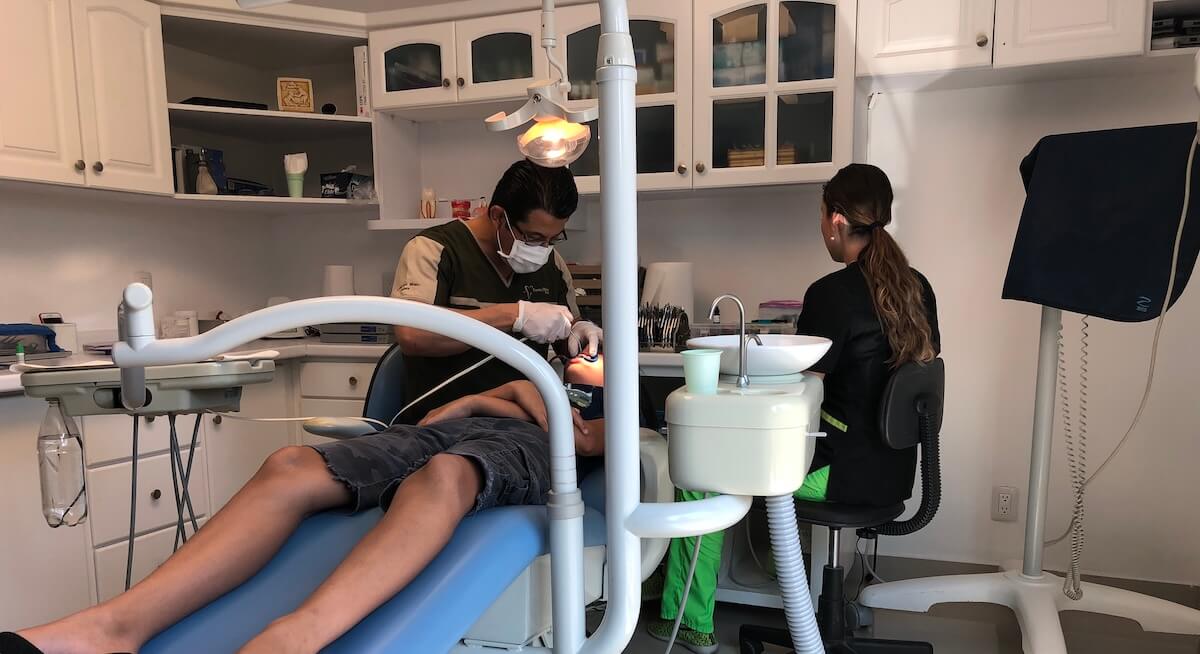
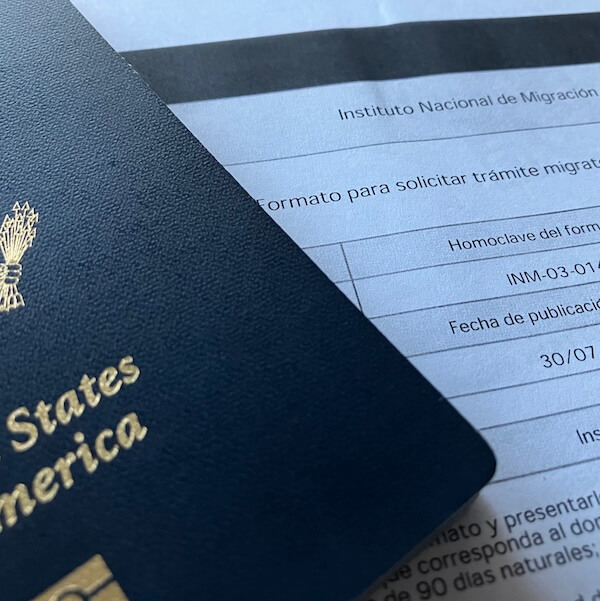

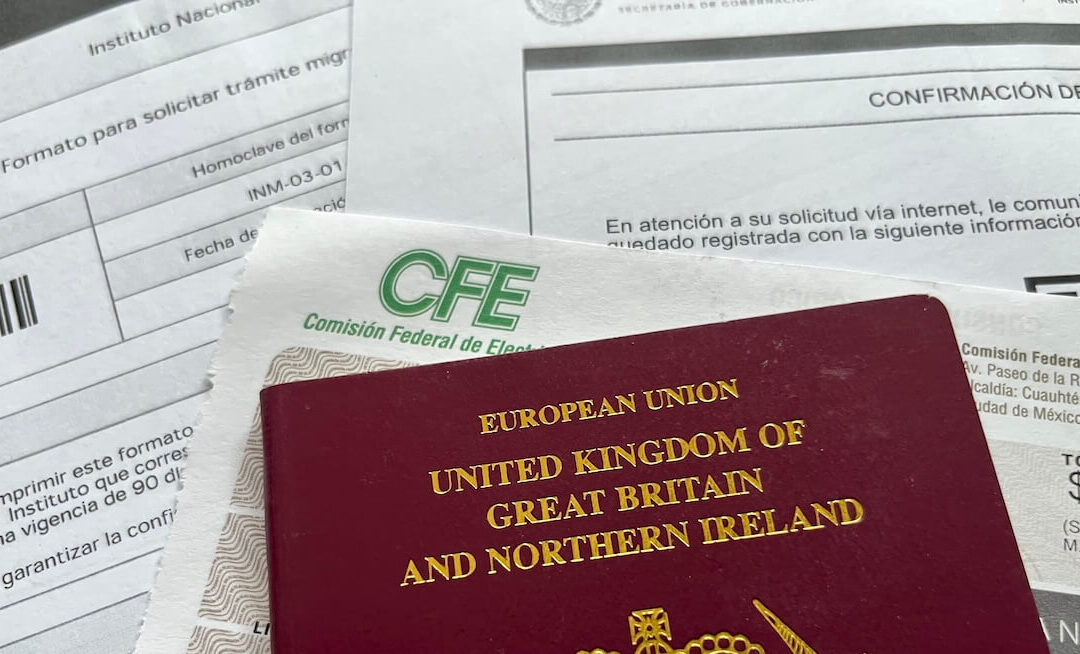
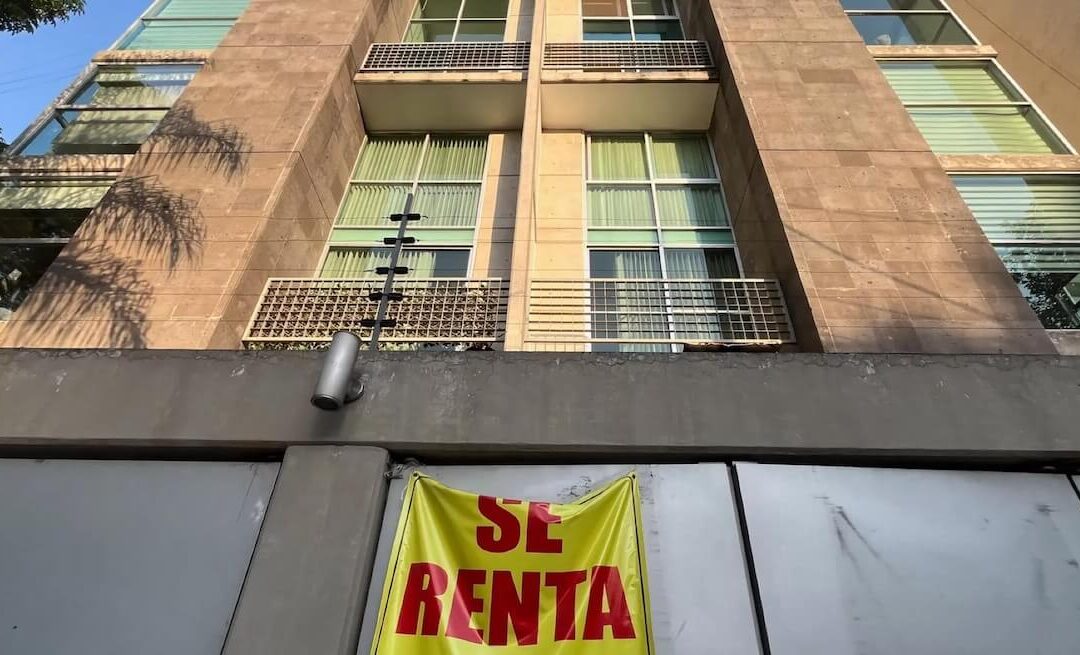
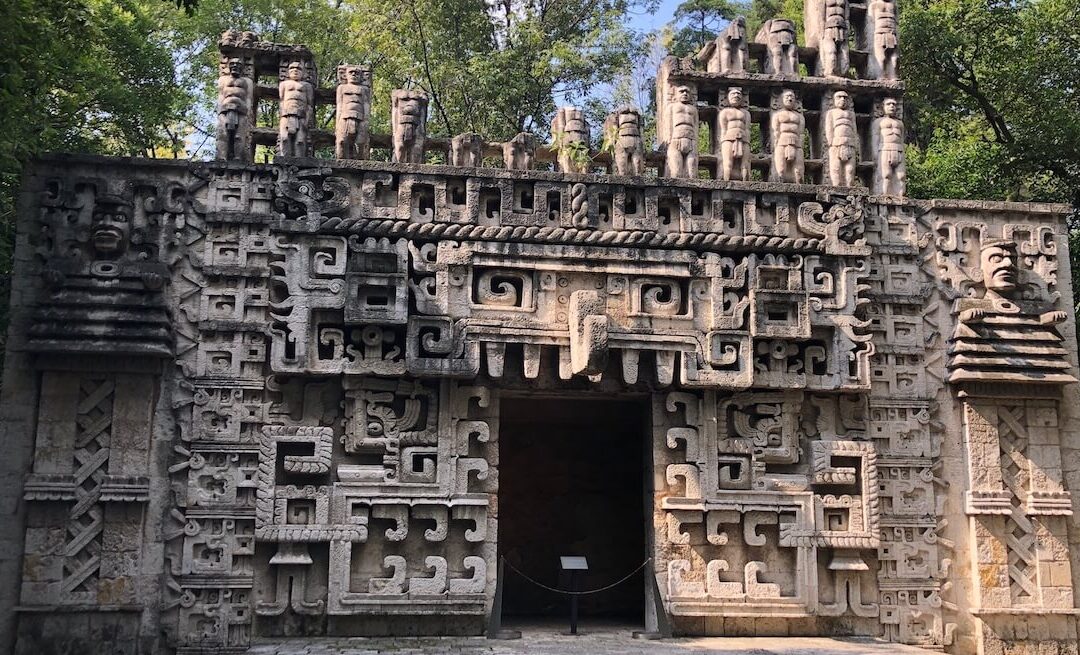
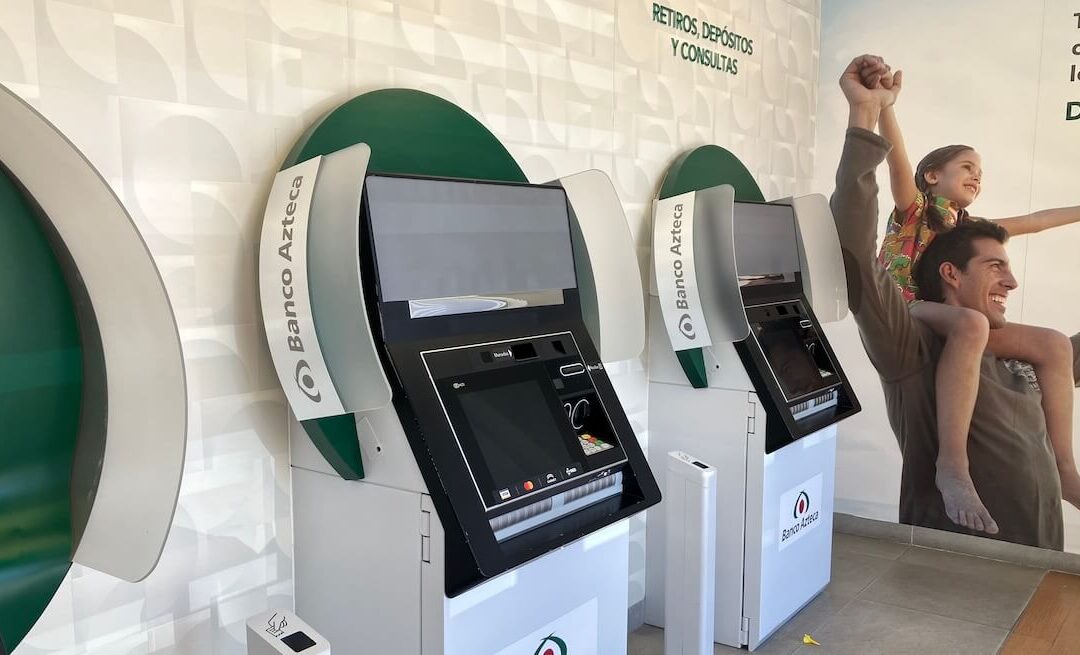

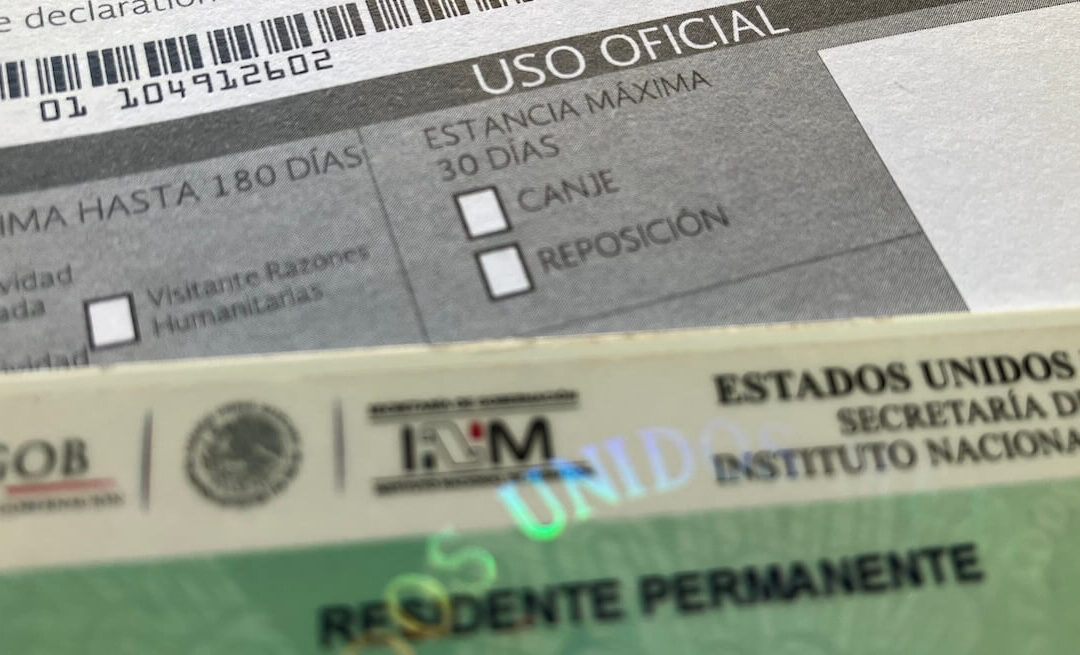
0 Comments